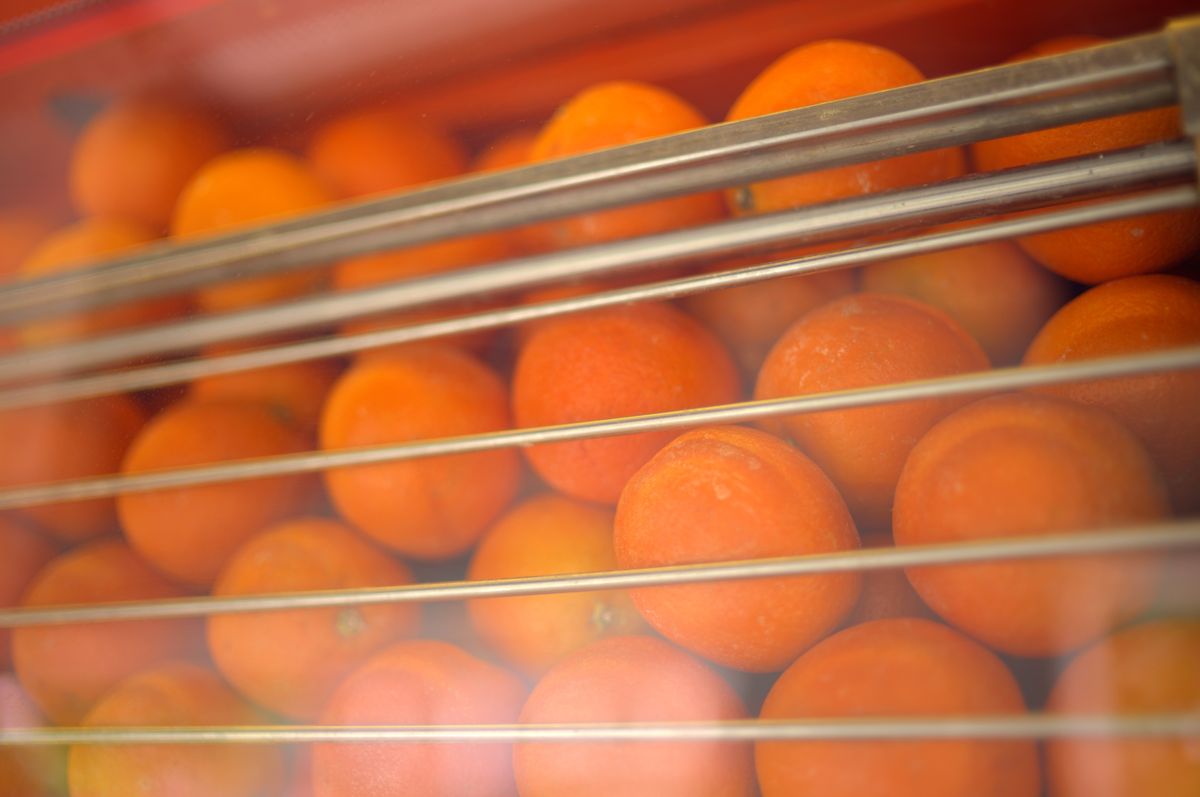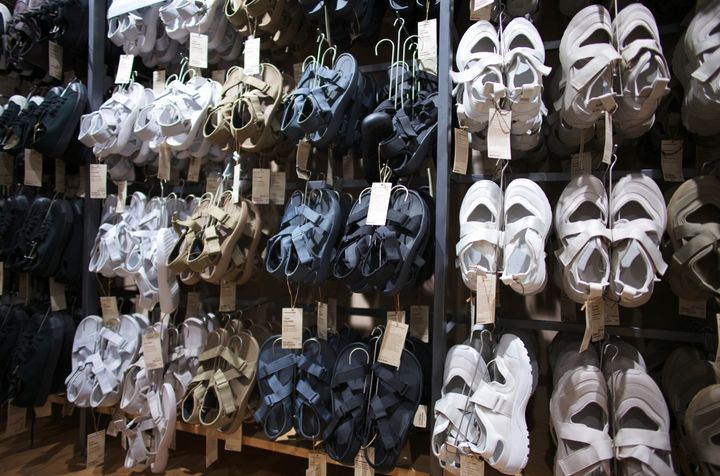QT 24/03/2025 Mon. Isaiah 31. Can we import oranges from Egypt? 我们能从埃及进口橘子吗?

QT 24/03/2025 Mon. Isaiah 31. Can we import oranges from Egypt?
READ http://www.esvbible.org/isaiah31
How do we interact with "certified experts" that exists among us and our reliance on God? Can we tap on the services provided by these "certified experts"?
Isaiah 31:1–3
[1] Woe to those who go down to Egypt for help
and rely on horses,
who trust in chariots because they are many
and in horsemen because they are very strong,
but do not look to the Holy One of Israel
or consult the LORD!
[2] And yet he is wise and brings disaster;
he does not call back his words,
but will arise against the house of the evildoers
and against the helpers of those who work iniquity.
[3] The Egyptians are man, and not God,
and their horses are flesh, and not spirit.
When the LORD stretches out his hand,
the helper will stumble, and he who is helped will fall,
and they will all perish together. (ESV)
Isaiah points to their folly of dependence on Egypt in the above verses. A modern reader would not object to importing juicy agricultural produce from Egypt to aid in the banquet that he or she is preparing. But there is a kind of "dependence" that necessarily involved rejection of the LORD who brought His people out of Egypt.
We are to trust God primarily in all our decision making. But seeking help from the people or things that God had placed or created around you do not necessarily prompt you to reject that primary allegiance to God. A believer may use many intermediate means to benefit or defend himself or herself in a way that do not demote God to second place. Clear examples of these include (1) Satisfying a physical need is legitimate but tapping on "theft" to satisfy it is not allowed. (2) Meeting sexual needs is God's design for humanity but adultery is a breach of God's laws.
For some of us, seeking help from "certified experts" might be just enjoying the blessings and resources that God had placed among us. For others, it is a reliance on "horses" and "chariots" in a way that rejects God, i.e., idolatry.
REFLECTION: What are some of the lifestyles that risks worship created things and humans rather than worshipping God? How can we help one another to avoid idolatry?
QT 24/03/2025 星期一. 以赛亚书 31 我们能从埃及进口橘子吗?
阅读 http://m.bbintl.org/bible/ncv/isa/31
我们如何与存在于我们中间的 “认证专家 ”互动,以及我们对上帝的依赖?我们可以使用这些 “认证专家 ”提供的服务吗?
以赛亚书 31:1-3 那些下埃及求帮助,倚靠马匹,倚靠众多战车,依靠十分强壮的马兵,却不仰望以色列的圣者,也不求问耶和华的,有祸了! 2 耶和华是智慧的,他必降下灾祸,决不收回自己的话,却要起来攻击作恶者之家,又攻击那些助人作孽的。3 埃及人是人,并不是 神;他们的马匹是血肉,并不是灵;耶和华一伸手,那帮助人的就绊倒,那受帮助的也必仆倒,并且一同灭亡。
以赛亚在上述经文中指出了他们依赖埃及的愚蠢行为。现代读者不会反对从埃及进口多汁的农产品来帮助自己准备宴会。但是,有一种 “依赖” 必然遭到将祂的子民带出埃及的耶和华的拒绝。
我们在做所有决定时都要首先信靠上帝。但是,向上帝安排或创造在你周围的人或事寻求帮助并不一定会促使你放弃对上帝的主要忠诚。信徒可以使用许多中间手段来使自己受益或保护自己,而不会把上帝降到次要地位。其中明显的例子包括 (1) 满足生理需求是合法的,但不能靠 “偷窃” 来满足。(2) 满足性需求是上帝为人类设计的,但通奸则违反了上帝的律法。
对我们中的一些人来说,向 “认证专家” 寻求帮助可能只是在享受上帝赐予我们的祝福和资源。对另一些人来说,则是以一种拒绝上帝的方式依赖 “马 ”和 “车”,即偶像崇拜。
反思:哪些生活方式可能会让人崇拜被造物和人类,而不是敬拜上帝的呢?我们怎样才能互相帮助,避免拜偶像?


